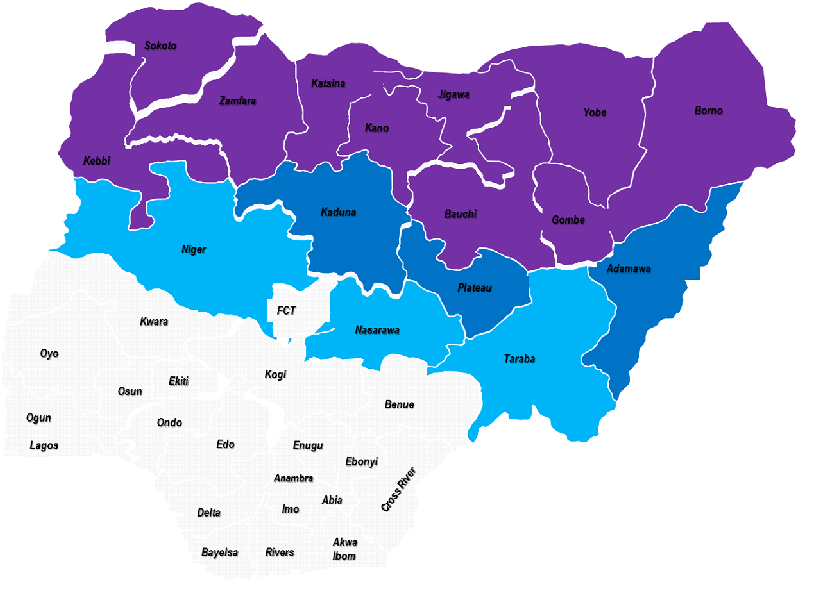Overview
Nigeria's current wheat demand stands between 5-6 million Metric Tonnes (MT) out of which only 1 per cent or 63,000 MT is produced locally. As a result, the nation imports over 5 million MT of wheat annually, amounting to $ 2Billion to meet local demand. This has made wheat the second highest contributor to the country's food import bill. As part of efforts to resuscitate key commodity Value Chains where the country has competitive advantage, the Central Bank of Nigeria (CBN) included wheat as one of the commodities to be financed under the Anchor Borrowers Programme (ABP). This decision was matched with a clear mandate to intervene in the wheat value chain by growing Nigeria's domestic wheat production and eliminating dependence on imported wheat.
Objective of the Initiative
The CBN's main objective of intervening in the wheat value chain are as follows:
- To facilitate import substitution.
- To eliminate dependence on imported wheat.
- To promote self-sufficiency in the wheat value chain in Nigeria, by funding the local production of wheat and encouraging backward integration by wheat millers.
IMPLEMENTATION STRATEGY
The CBN's strategy for its intervention in the wheat value chain are as follows:
- Eliminate importation of wheat by financing local wheat production and facilitating offtake.
- Ensure availability of high yield seeds by financing seed multiplication and the establishment of seed ripple centres.
- Expand land under cultivation for wheat to a capacity that can meet the nation's total demand, through collaboration with State Governments and relevant federal agencies.
- Pursue strategic collaboration with key stakeholders in the wheat value chain for sustainability of local production.
FOCAL STATES (IN PRODUCTION BELT)

While wheat can be cultivated across 16 states of the Federation in the dry season, 3 states have the capability for highland rain-fed wheat cultivation, they include: Jos, Plateau State; Gembu Mambilla Plateau, Taraba State; and Obudu Plateau, Cross River State.
EXPECTED OUTCOME OF THE CBN'S INTERVENTION IN THE WHEAT VALUE CHAIN
It is expected that following the intervention of the CBN in the wheat value chain, the following achievements would be recorded in the country:
- Notable improvement in the overall yield by improving yield.
- Facilitation of a sustainable local supply of high yield seed variety.
- An improvement in the International competitiveness of Nigerian wheat in terms of cost and quality.
- Improved capacity of local farmers through training on Good Agronomic Practices (GAP) and technology transfer.